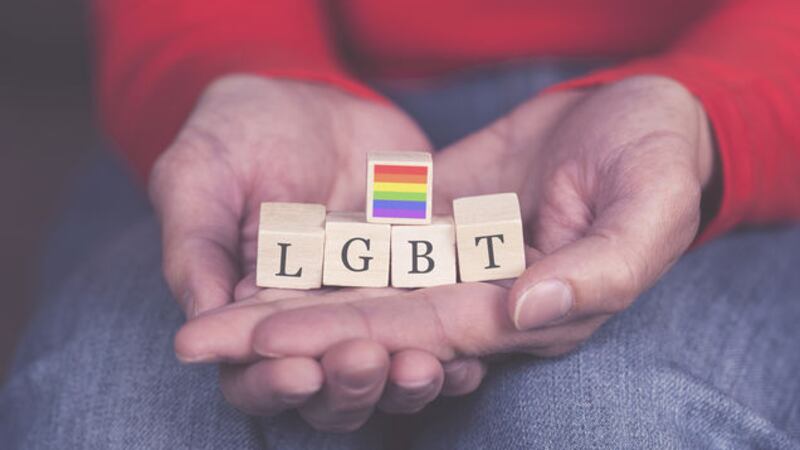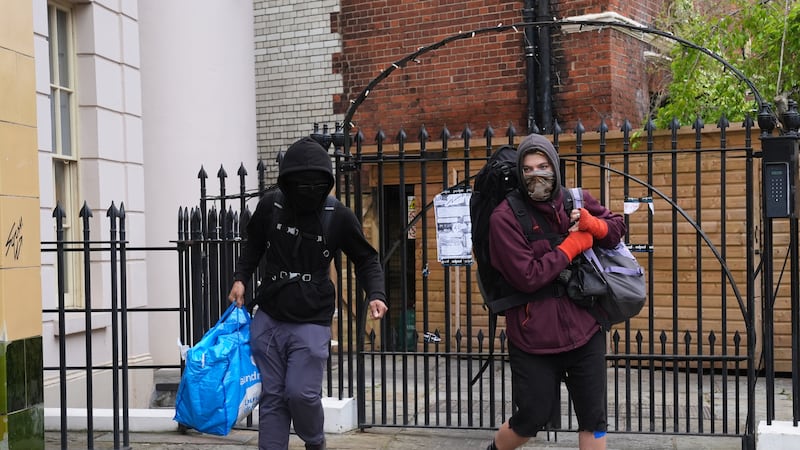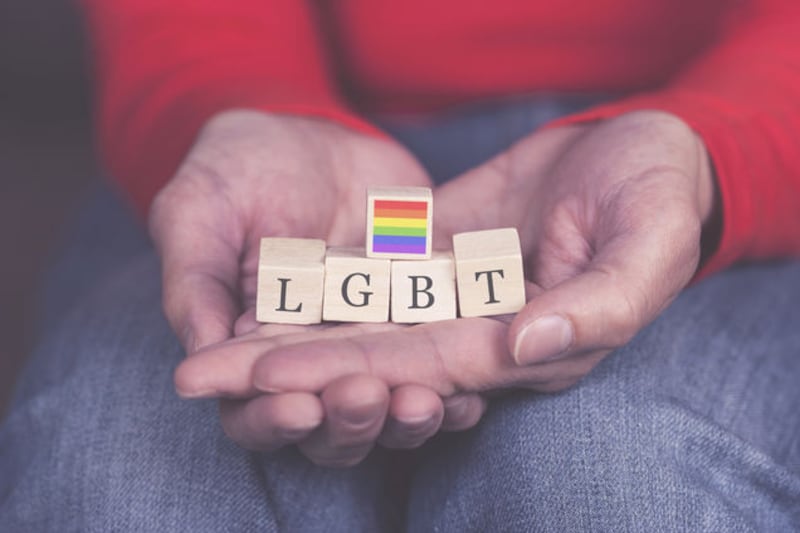SOCIAL attitudes in Northern Ireland towards LGBT people are much more positive than they were a decade ago, a newly released Equality Commission survey has found.
Positive views of LGB (lesbian, gay, bisexual) people increased from 57 per cent in 2008 to 83 per cent in 2016 when the latest survey was carried out.
And for transgender people, positive attitudes also rose from 48 per cent in 2011 to 78 per cent in 2016.
The survey – which follows similar studies in 2005, 2008 and 2011 – found that attitudes overall toward different minority groups were much more positive than in previous years.
However, the Equality Commission expressed concern that there were still some "noticeably negative areas, mostly in the area of race".
The five most negatively viewed groups were all based on race or nationality – Travellers, Roma, asylum seekers and refugees, migrant workers and minority ethnic groups.
Of the 15 groups examined, the sixth and seventh most negatively viewed were transgender and LGB people.
Travellers still attracted the most negative attitudes, with one in four people saying they 'would mind' working alongside a Traveller, and a third that they would mind having Travellers as neighbours or in-laws.
One in 10 respondents said they would mind having someone with mental ill health as a work colleague, 11 per cent as a neighbour and 14 per cent as an in-law.
The study used a representative sample of the Northern Ireland population, involving 1,143 people aged 16 and over.
Michael Wardlow, chief commissioner of the Equality Commission, said: "While it is encouraging to see this overall reduction in negative attitudes, it seems some prejudice remains deep-seated here in Northern Ireland, particularly with regard to those from a different race or nationality."
Perceptions of unfair treatment decreased, with the proportion who feel no groups are treated unfairly increasing from 17 per cent in 2011 to 50 per cent in 2016.
Mr Wardlow added: "In the Equality Commission, we know from the 3000-plus calls we take every year about potential discrimination that equality remains a live issue and that people do feel they are discriminated against because of who or what they are."



